WITH CATHERINE AND JOHN TITUS
Theme: The Blinkers Are Coming Off
Interview: State and Local Officials: You are Stronger Than You Think You Are with Pete Kennedy
Take Action
Please login to see stories, charts, and subscriber-only content.Not a subscriber yet? You are invited to join here!








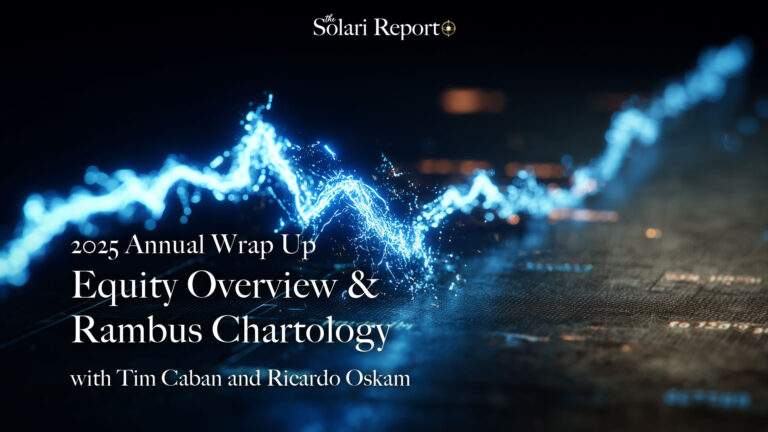
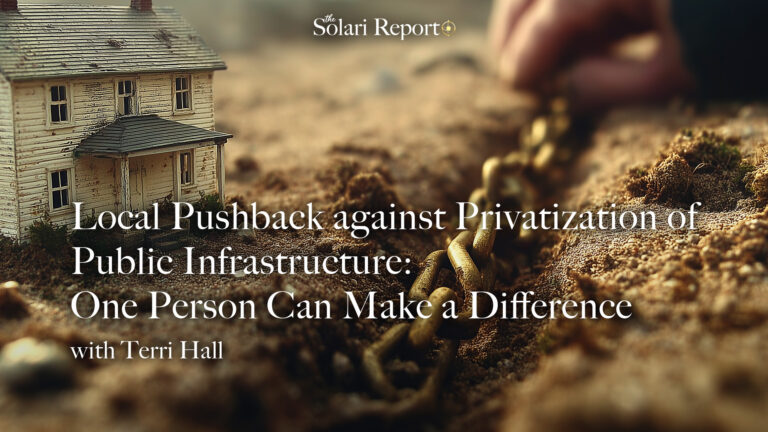
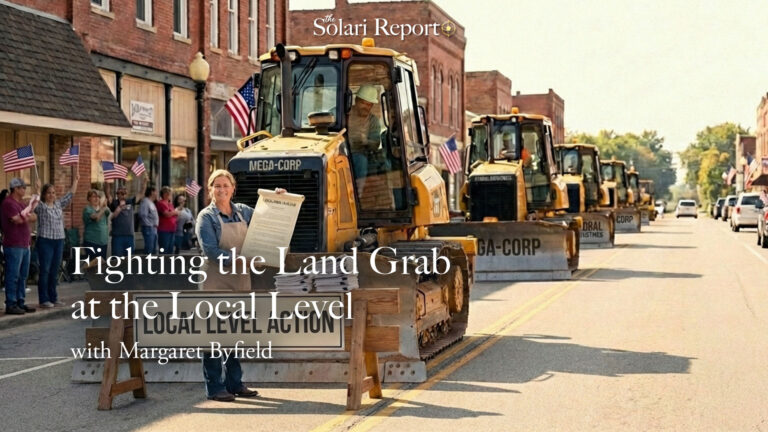

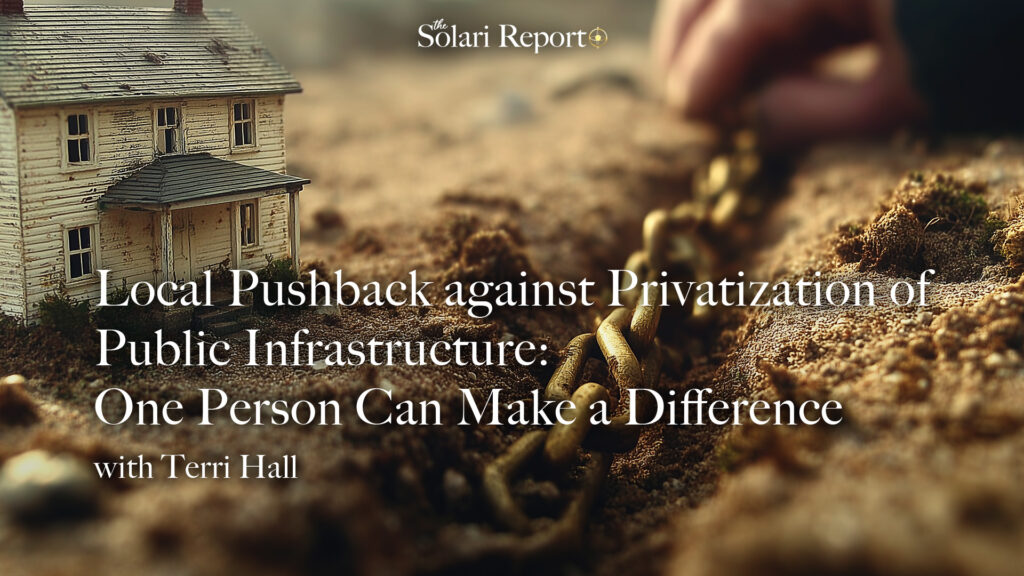
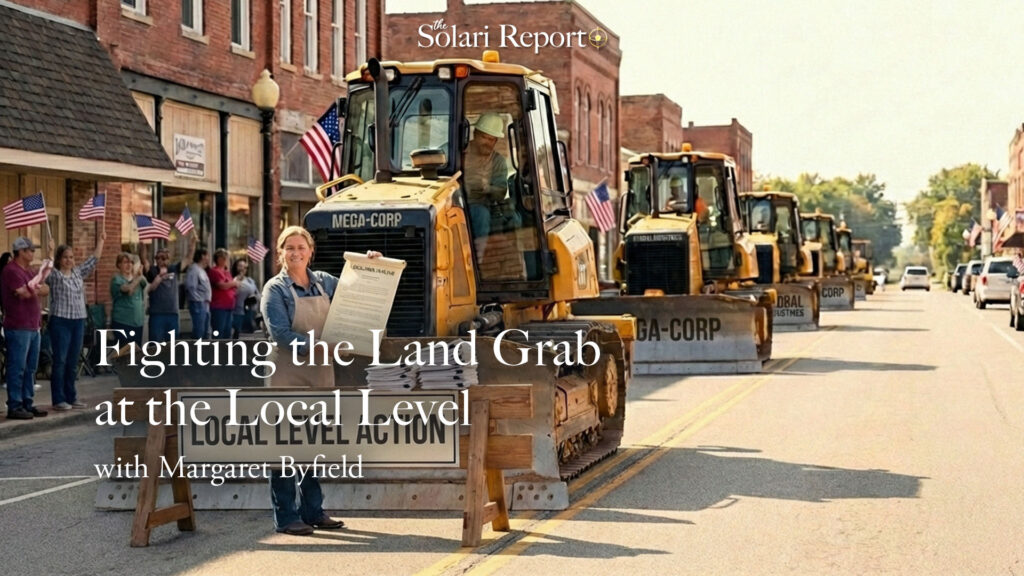














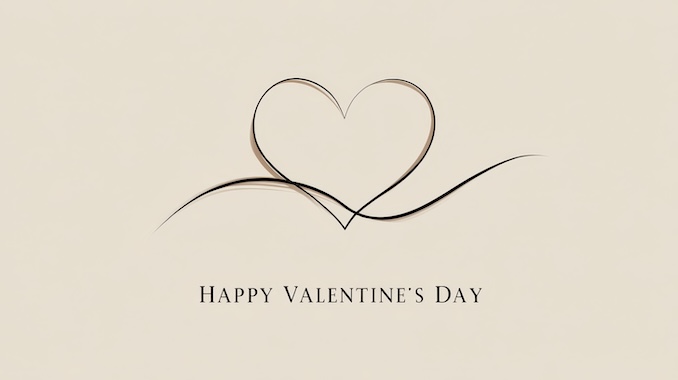
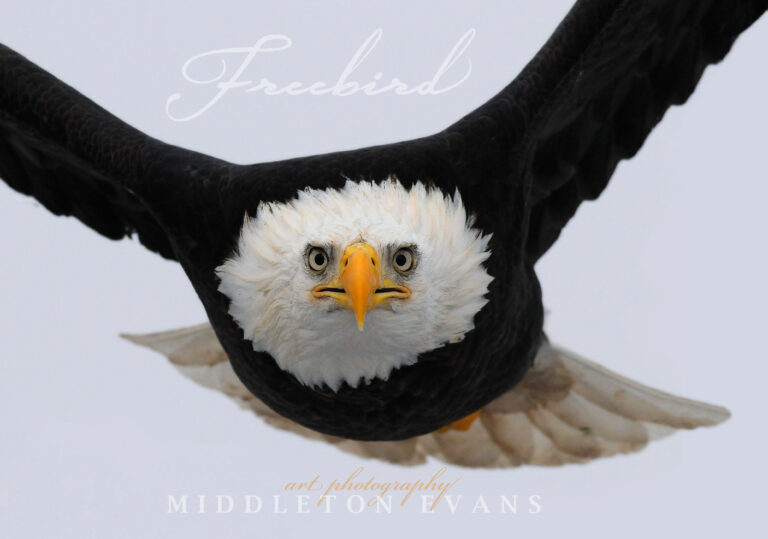































































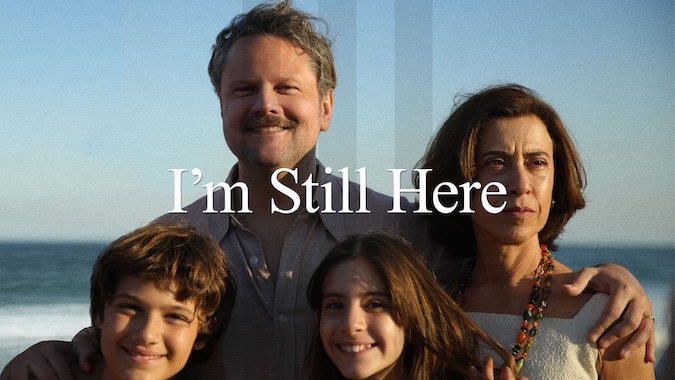


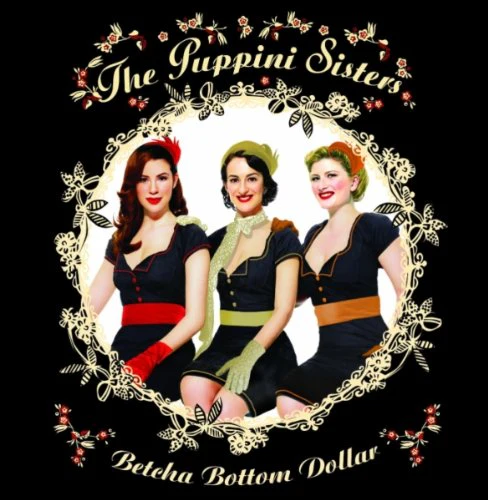


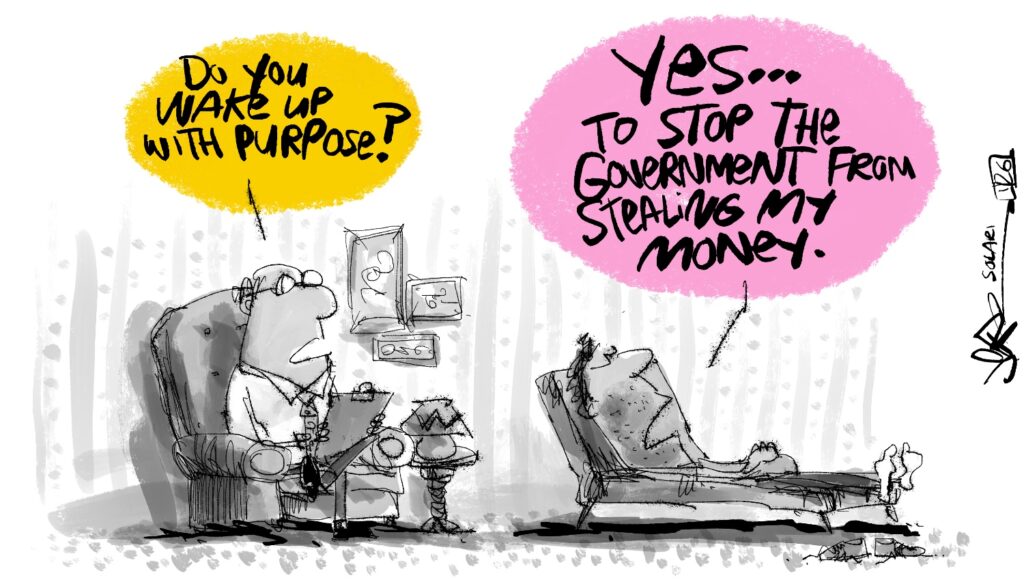





















As regards plandemic fraud, I am told this complaint docketed August 23, 2022 at the United States District Court, District of Massachusetts has promise. I would love to hear John’s opinion on the legal merits of the complaint and relief sought.
Summary here:
https://coquindechien.substack.com/p/beaudoin-v-baker-a-vaccine-opera?sd=pf
Full complaint w/ exhibits:
http://viaveravita.com/covid-19-fraud-and-vaccine-lawsuit
Colorado, USA (Digital ID) https://mycolorado.state.co.us/?utm_source=substack&utm_medium=email
“Someone Wanted To Get Me Killed”: Rep. Greene Responds To Being ‘Swatted’ 2 Nights In A Row
Rep. Marjorie Taylor Greene (R-Ga.) was sound asleep in her Floyd County home when the doorbell and knocks on her front door woke her up. There were flashlights and people outside her bedroom window.
Greene a week earlier had proposed a legislation called the “Protect Children’s Innocence Act,” which would make it a class C felony for anyone to knowingly perform medical treatment on a minor meant to alter their biological sex. The penalty under her bill is 10 to 25 years in prison with a maximum fine of $250,000.
https://www.zerohedge.com/political/someone-wanted-get-me-killed-rep-greene-responds-being-swatted-2-nights-row
A. G., another gem from CO.
Every item shipped to you in CO. will cost $0.27 delivery fee.
Colorado’s Retail Delivery Fee
Monday, August 8, 2022
Recently, Colorado’s new $0.27 retail delivery fee went into effect. The fee targets all deliveries by a motor vehicle that have at least one item of taxable and tangible personal property. This new levy impacts both in-state and out-of-state retailers, requiring those entities to register with the Colorado Dept. of Revenue and remit funds to the State.
A delivery occurs when any of these items are mailed, shipped, or otherwise transported by a motor vehicle. The preamble of the bill specifically targets the rising consumer delivery culture and large corporations. But the bill itself does not discriminate—it affects anybody and everybody selling items that are to be delivered in the state of Colorado.
While the fee targets retailers who use delivery, the costs are charged to consumers and collected by Retailers. The retail delivery fee applies statewide and is calculated per sale. Invoices and receipts presented to customers must contain a separate line item called “retail delivery fees.” The fee contains certain exemptions such as qualifying wholesalers who currently fall under sales tax exemptions. The fees automatically adjust proportional to inflation.
The purpose of the bill is to sustain Colorado’s transportation system and create more funding for infrastructure development while protecting the environment. Sponsors of the bill also hope to encourage the purchase and use of electric vehicles and the slow phasing out of gas vehicles through the financial costs implemented by the bill in the pursuit of a greener Colorado. The retail delivery fee is one part of at least five other fees implemented by that state under the guise of environmental and infrastructure funding. The legislature anticipates the bill will raise $5.4 billion dollars by 2032 for infrastructure, mass transit, and green energy.
Business groups and a State Senator have filed a lawsuit alleging that SB 21-260 violated ballot initiative Prop 117, which won over 53% of voters in the election. Prop 117 was a ballot initiative in 2020 which required voters statewide approve new state enterprises when the enterprise’s projected or actual revenue from fees and surcharges is greater than $100 million within its first five years. They allege these new fees are just taxes in disguise and are a way for the state government to get around the tax accountability goals of Prop 117.
The fee is codified at Colo. Rev. Stat. § 43-4-218 and enacted through State Senate Bill 21-260, effective July 1, 2022.
Putting It Into Practice: The new fee came into effect July 1, 2022. Retailers who do business in Colorado should ensure they are registered with the Department of Revenue or update registrations as needed. Retailers—including those using third party delivery services—should talk to their tax professionals and ecommerce leads about implementing a process to comply with the new fee.
Copyright © 2022, Sheppard Mullin Richter & Hampton LLP.
Colorado must be a test site.
https://c-vine.com/blog/nanny-state-test-company-locks-thermostats-of-22k-customers-cites-energy-emergency/
Thank goodness there is an easy work around for this in a dry climate. Not so much in a humid climate.
A swamp cooler or evaporative cooler. They are great in dry climates because they not only cool the air but humidify it a bit.
“Pope Francis instructs Vatican entities to move all funds to Vatican bank by Sept. 30th”
https://www.catholicnewsagency.com/news/252093/pope-francis-instructs-vatican-entities-to-move-all-funds-to-vatican-bank-by-sept-30
“Elon Musk Just Relesased The Tesla Phone! (RIP iPhones)”
One of its features it that it “will facilitate the Neurolink techology…:
https://www.youtube.com/watch?v=9uxyC5iuG0I
Catherine
I enjoy your discussions with Joseph Farrell about the intentional degradation of culture & how important that fact is. And music is a good example of that. There is an extraordinary amount of poor quality music being produced & presented to the public.
A point always pops up in my head though when I listen to your conversations with him. Though I take Mr. Farrell’s point, he ought not use Arnold Schoenberg as an example of the degradation of music. Schoenberg was recognized as a musical genius by his peers. He could and did write excellent tonal music & he composed a piece, Pierrot Lunaire, that is often listed with the most important music of the 20th century. I saw 2 performances of it at the opera house in Leipzig & was overwhelmed by its creativity, raw emotional power & uniqueness.
There was a belief in the early 20th c., that after Mahler, all possibilities for writing fresh & creative tonal music had been exhausted. Schoenberg, along with others, attempted an exploration of music beyond tonality. In tonal music each of the 7 notes of a scale in a particular key are given hierarchical importances. The listener is teased & pleasurably tortured by the contrast between notes & they tell an emotional story.
Schoenberg destroyed the sense of tonality by giving each of the 12 tones equal importance by playing each tone the same number of times & by not playing any particular note again until the other 11 were first played. It is called 12 tone music or serial music and sounds awful. By giving all the notes equal importance contrast is destroyed & makes it difficult to “say” anything. Schoenberg went down a musical dead end, but he was an exceptional music talent & it was an honest effort.
I heard a tape of Leonard Bernstein discussing this subject mid-century in a lecture. He opined that tonal music was not dead. He and I are in agreement on this. Check out my Dream Waltz (the 3 part one) on Paulevy.com. I think it is a delightful piece & is tonal. Serial music still exists & is still taught in university. In fairness, there are sincere, capable composers continuing that tradition. And I wouldn’t lump that group in with just plain bad music.
I have had the opportunity to listen to Farrell engage verbally with a subscriber on just this topic – a very interesting heated 30 minutes. He is confident in using Schoenberg. I understand none of the details and could not hold my own on the discussion, but I am with him on this one. I would never willingly listen to Schoenberg.
I’m a former professional musician. Nobody likes Schoenberg. The only thing good that came from Schoenberg was Alban Berg. Wozzeck is a stunning work.
He was later murdered by an American soldier for smoking a cigar a few minutes after curfew. Go figure.
I’m a current professional musician. I would never willingly listen to Schoenberg or any others of that 20th century atonal music. The most beautiful and complex music was created in the baroque and recreated over and over since. Schoenberg and others were a reaction to that, much like all those artists of the same period who created demented, shocking works, or stripped back to just a stripe on the canvas or whatever. They took out the beauty and meaning intentionally, as a kind of misguided rebellion (in my opinion).
I agree. I am a degrees musician, too. I like much tonal 20th century music (Shostakovich, Prokofiev, and Americans such as Copland and more). I had to listen to atonal in college but never wilingly since then!